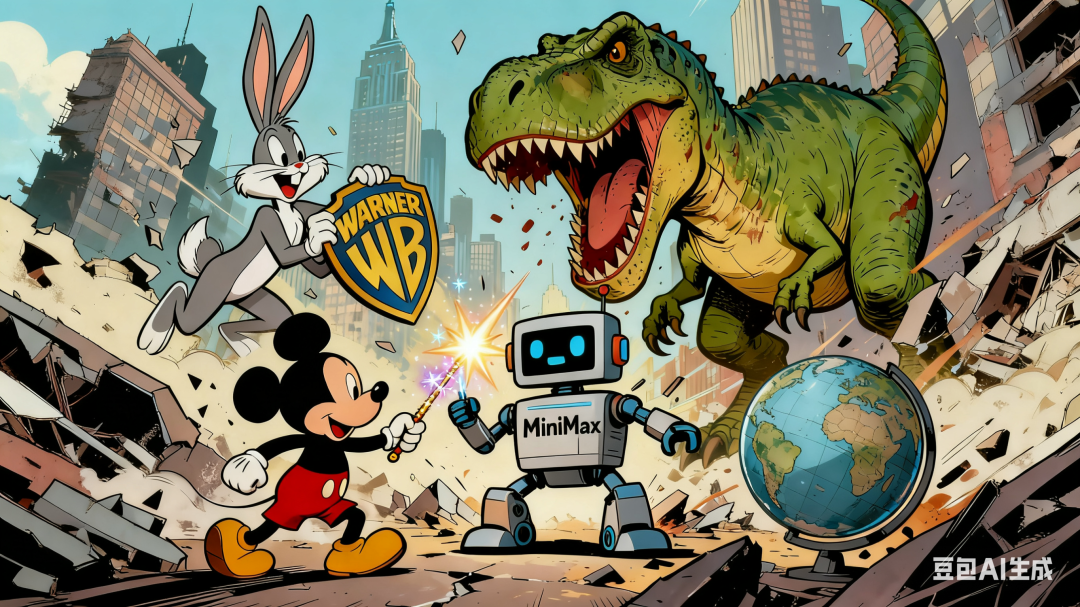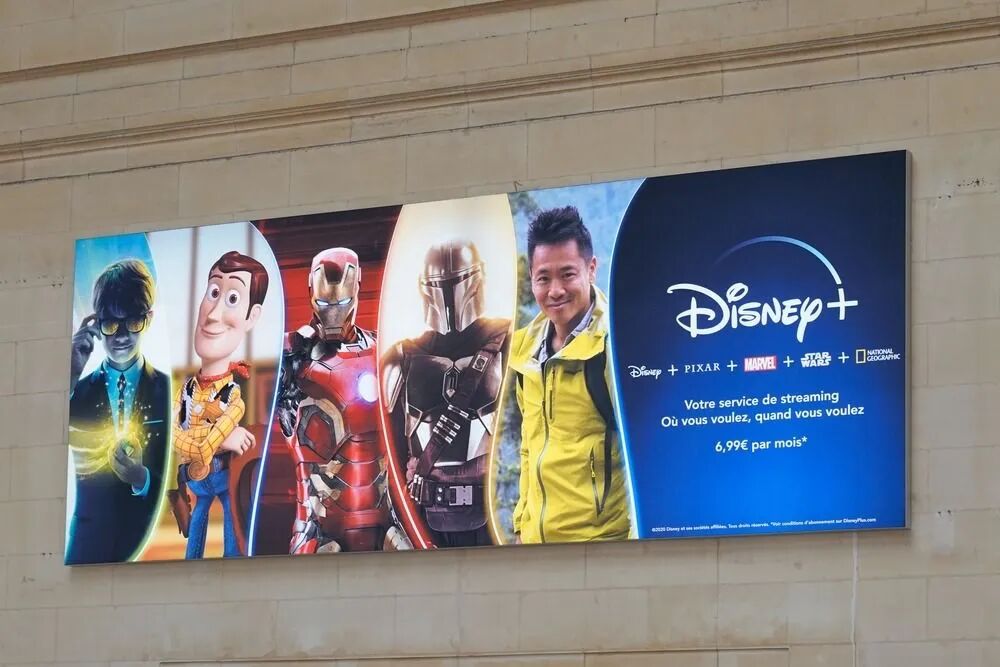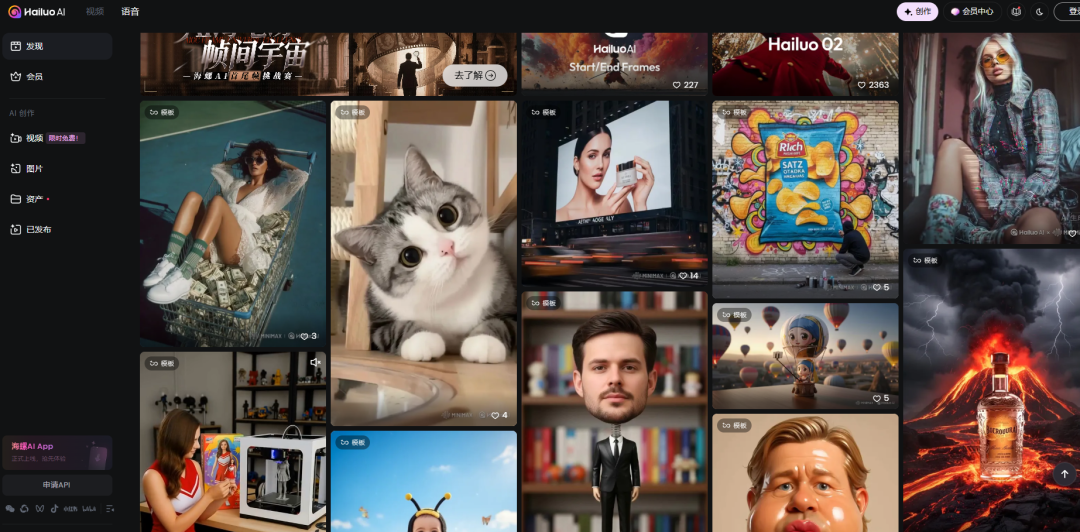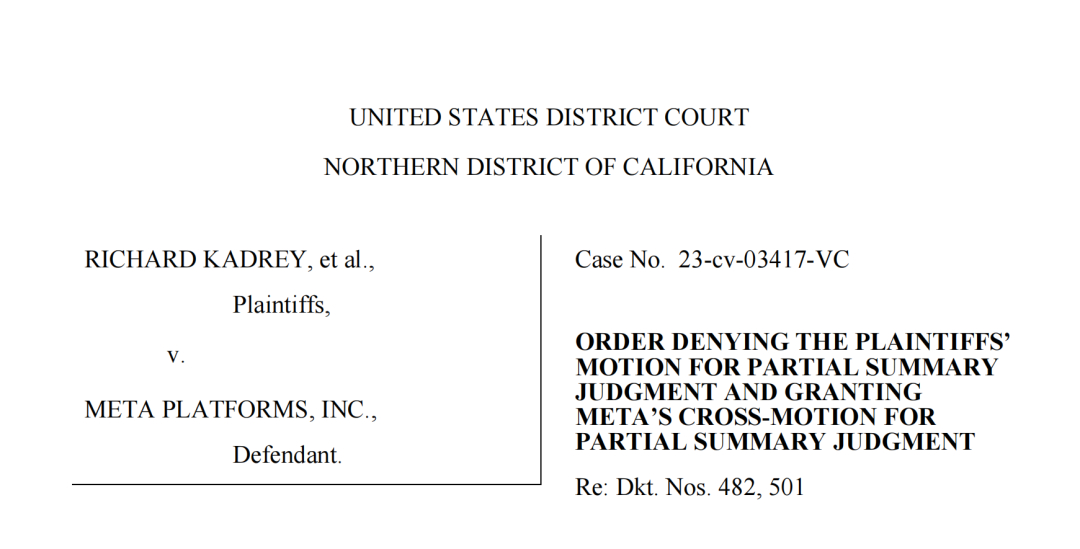Disney, Warner Bros., and Universal Pictures Unite to Sue MiniMax: Is It Genuine Rights Protection or a Move to Suppress Chinese AI?
![]() 09/18 2025
09/18 2025
![]() 615
615

Today, three Hollywood powerhouses—Disney, Warner Bros., and Universal Pictures—have jointly filed a lawsuit in the U.S. Federal District Court for the Northern District of California. They accuse the Chinese AI startup Minimax (Shanghai Xiyu Technology) of massive infringement of their film and television copyrights. This has sparked a heated debate within the industry regarding the boundaries between 'rights protection' and 'technological suppression'.
The AI Capital Bureau holds the view that this transnational lawsuit not only highlights the deep-rooted contradiction between copyright systems and AI equality in the era of generative AI but also exposes the intricate interplay between the cultural industry and AI in the global technological race. The repercussions of this Hollywood vs. Minimax lawsuit will reverberate far beyond this single case.
Lawsuit Storm: Copyright Siege from Midjourney to Minimax
Hollywood's legal offensive against AI companies is nothing new. In June 2024, Disney and Universal Pictures jointly sued the AI image generation company Midjourney. They accused it of using classic characters such as Buzz Lightyear from 'Toy Story' and Elsa from 'Frozen' without authorization to train its models.
In September, Warner Bros. followed suit, citing instances where DC heroes like Superman and Batman were freely generated on the Midjourney platform. They emphasized that these AI-generated contents were 'directly diverting market demand for authentic posters and art prints.' This series of lawsuits has constructed a comprehensive accusation logic: AI companies steal copyrighted materials through 'black-box training' and then profit by generating highly similar derivative content.

The current lawsuit against Minimax adheres to this logical framework. The complaint specifically points out that Hailuo AI can generate video clips with a style highly similar to those in the Spider-Man and Batman film series. Users can obtain professional-quality 3-5 second short videos simply by entering prompts. Citing Section 106 of the U.S. Copyright Act, the Hollywood giants claim that Minimax engaged in 'large-scale unauthorized copying of film and television footage' during training and 'unauthorized creation of derivative works' in its generation services, amounting to dual infringement.
Minimax's Technological Breakthrough and Copyright Risks
Founded in 2021, Minimax has, in just four years, built an AI product matrix encompassing emotional companionship and content production. Its development path clearly showcases the 'application-first' characteristic of Chinese AI companies: in 2023, it launched emotional companionship products Talkie and Xingye, achieving commercial breakthroughs through 'AI character customization' and 'card collection.' Talkie alone generated $3.218 million in revenue on the App Store. In September 2024, it pivoted to professional tools, launching text-to-video and image-to-video Hailuo AI. This product rapidly captured the market with its 'cinematic camera' technology, witnessing a staggering 2,772.92% surge in global monthly visits.
However, Hailuo AI's global market success has directly impacted Hollywood's core interests. Professional evaluations indicate that the video clips generated by Minimax's latest Hailuo02 model have reached professional standards in terms of camera language and lighting. This means ordinary creators can produce Hollywood-style content at a low cost, potentially disrupting traditional film and television production processes.

Minimax's 'integrated product-model' strategy further exacerbates copyright disputes. Unlike other AI companies, Minimax insists that all foundational models must directly serve specific products, with text models corresponding to AI assistants and video models to Hailuo AI. This tight coupling creates a direct link between model training data and product output content. Data disclosed in July 2025 reveals that its AI products have helped generate over 370 million videos, inevitably including copyrighted elements. Previous lawsuits by iQIYI against Minimax had already pointed out that its model training allegedly used unauthorized film and television materials, a claim similar to Hollywood's current accusations.
Is Hollywood's Copyright Crackdown Rooted in Geopolitical Maneuvering?
Could geopolitical maneuvering be lurking behind this copyright lawsuit? It's noticeable that Talkie was removed from the markets in the United States and Japan in late 2024. Industry analysts have directly attributed this to geopolitical factors, highlighting that Chinese AI applications face not only technological barriers when going global. Minimax's response strategy is emblematic—shifting its business focus to the more technically demanding field of video generation while accelerating global expansion. It's not only open-sourcing multimodal models but also planning to list in Hong Kong with an estimated valuation exceeding $4 billion.
Hollywood's collective action also clearly carries a strategic defensive tone. A U.S. think tank cautioned the U.S. Copyright Office that 'the rapid rise of Chinese AI companies in content generation could threaten the global dominance of the U.S. cultural industry.' The increasing penetration of products like Hailuo AI and Midjourney among film and television creators has made Hollywood, which relies on IP licensing, uneasy.

Thus, although U.S. courts have shown a judicial tendency toward 'fair use' in cases like Anthropic and Meta, recognizing AI training as 'transformative use' but denying illegally sourced data, this judgment logic provides Hollywood with both operational space and motivation. By accusing Minimax of using pirated materials for model training, Hollywood can both suppress competitors and reinforce 'data legality,' a technical standard favorable to itself—a seemingly win-win strategy.
In contrast, Chinese courts emphasize 'balancing interests' in similar cases. For instance, the Guangzhou Internet Court mentioned in an AIGC-related precedent that AI platforms should bear keyword filtering obligations to prevent users from generating images similar to unauthorized IPs, reflecting different regulatory approaches.
Future Dilemma: Intelligence with Everyone Is Not So Easy
The essence of the AI copyright dispute lies in institutional reconstruction amid the collision between old and new productive forces. Minimax founder Yan Junjie once mentioned AI inclusiveness in his WAIC speech 'Everyone's AI,' hoping for 'Intelligence with Everyone.' However, this vision of technological democratization inherently conflicts with copyright protection. Hollywood's lawsuit is highly damaging: in addition to seeking damages, it demands a ban on Minimax providing video services without copyright protection measures, effectively attempting to set technical entry barriers for AI companies.
From the perspective of global AI governance, the impact of this Hollywood vs. Minimax lawsuit extends far beyond individual cases. It is essentially a contest between two development paths: Hollywood aims to incorporate AI generation into the existing copyright system to maintain IP licensing revenue models, while Chinese AI companies like Minimax seek to reconstruct content production rules through technological innovation.
Are the joint accusations by Disney, Warner Bros., and Universal Pictures a legitimate effort to protect intellectual property rights or a strategic move to suppress technological innovation? The answer may be concealed within the lines of the lawsuit documents, but the judgment in landmark cases like Minimax will profoundly influence the development boundaries of AGI.







